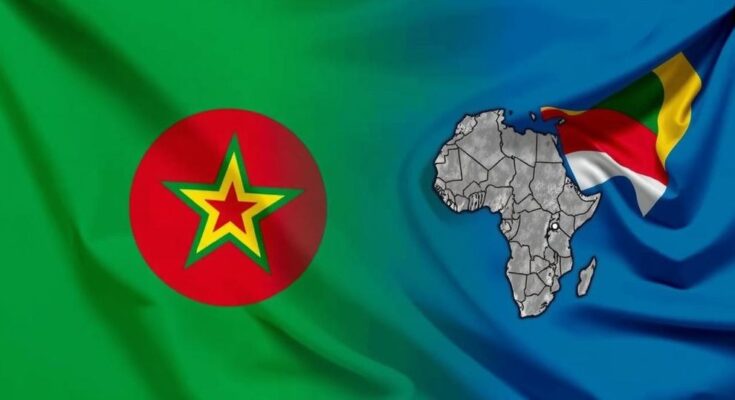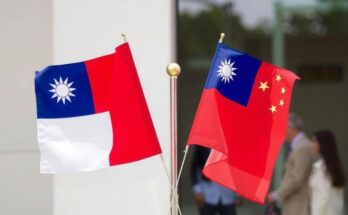Somaliland’s Waddani party has expressed support for Ethiopia’s partnership with the breakaway region, emphasizing mutual benefits while calling for transparency regarding a recent MoU. They assert Somaliland’s right to engage agreements with neighboring countries and urge Somalia to address its internal issues instead of protesting Ethiopia’s actions.
In a recent statement concerning the relationship between Somaliland and Ethiopia, representatives of Somaliland’s opposition, particularly from the Waddani party, have expressed their unequivocal support for the partnership. Mohamed Abdullahi Omar, a prominent member of the party, articulated that the collaboration has yielded mutual benefits over the years, especially as both regions navigate various challenges across the Horn of Africa. While acknowledging the strategic partnership, Mr. Omar called for greater transparency regarding a Memorandum of Understanding (MoU) signed between Somaliland and Ethiopia. He criticized the current administration under President Musa Bihi Abdi for its lack of disclosure on the MoU’s details, which he insisted should be shared with both the opposition and the parliament to ensure accountability according to legal requirements. He stated, “Unfortunately, the current Somaliland administration has not shared the details of the MoU with the opposition nor the parliament, yet we are the majority in the parliament.” Despite the absence of publicly available details concerning the MoU, Omar affirmed the steadfastness of the relationship between Somaliland and Ethiopia. He stressed that Somaliland has the sovereign right to engage in agreements with neighboring countries, referencing previous bilateral accords with nations such as the United Arab Emirates. He remarked that the treaties should serve the best interests of Somaliland’s citizens, with appropriate parliamentary approval. Omar also highlighted that increased utilization of the Berbera port by Ethiopia would significantly benefit Somaliland. Regarding objections raised by Somalia about the agreement, Omar asserted that Somalia must first address its internal challenges, particularly concerning the Al-Shabaab terrorist group. He emphasized Ethiopia’s pursuit of port access as a legitimate endeavor, asserting that the Berbera port was established as a regional commercial hub, thereby welcoming Ethiopia’s involvement. In light of allegations from Somalia regarding potential annexation plans linked to the agreement, Omar urged the Somali government to prioritize its internal issues before contesting Ethiopia’s agreements, thereby seeking cooperation rather than contention. Overall, the remarks from the Waddani party underscore a desire for a constructive and transparent collaboration between Somaliland and Ethiopia, while advocating for the interest of Somaliland’s populace and regional stability.
The relationship between Somaliland and Ethiopia has always been significant, particularly given the geographical and political proximity of the two regions. Over the years, Ethiopia has engaged with Somaliland, especially in matters concerning trade and security. However, the political landscape within the Horn of Africa remains complex, and recent agreements have raised tensions with the federal government of Somalia, particularly over the utilization of the Berbera port. The recent remarks from the Waddani party highlight a segment of Somaliland’s political thought, advocating for open dialogue and collaboration with Ethiopia as vital for the region’s stability and development.
In summary, the opposition Waddani party in Somaliland has publicly endorsed the burgeoning relationship with Ethiopia, recognizing it as beneficial despite the lack of transparency surrounding a recent MoU. The party calls for the details of this agreement to be disclosed to foster informed discussions and uphold legal standards. Moreover, the Waddani officials advocate for the continued use of the Berbera port by Ethiopia as a strategic gain for Somaliland, while they urge the Federal Government of Somalia to tackle its internal security issues. Overall, the support for Ethiopian cooperation signifies a trend towards regional partnerships amid the complexities of Horn of Africa politics.
Original Source: www.garoweonline.com




